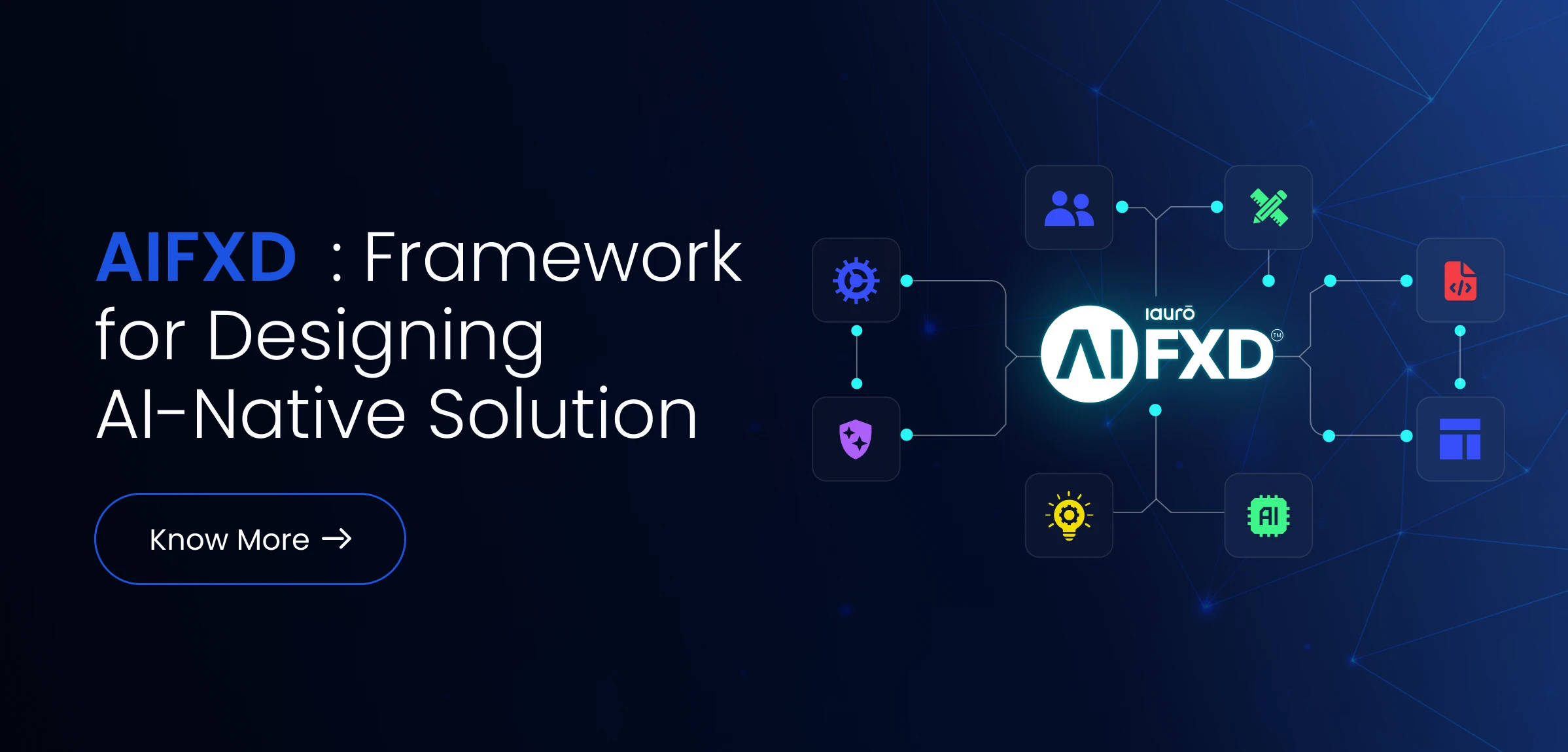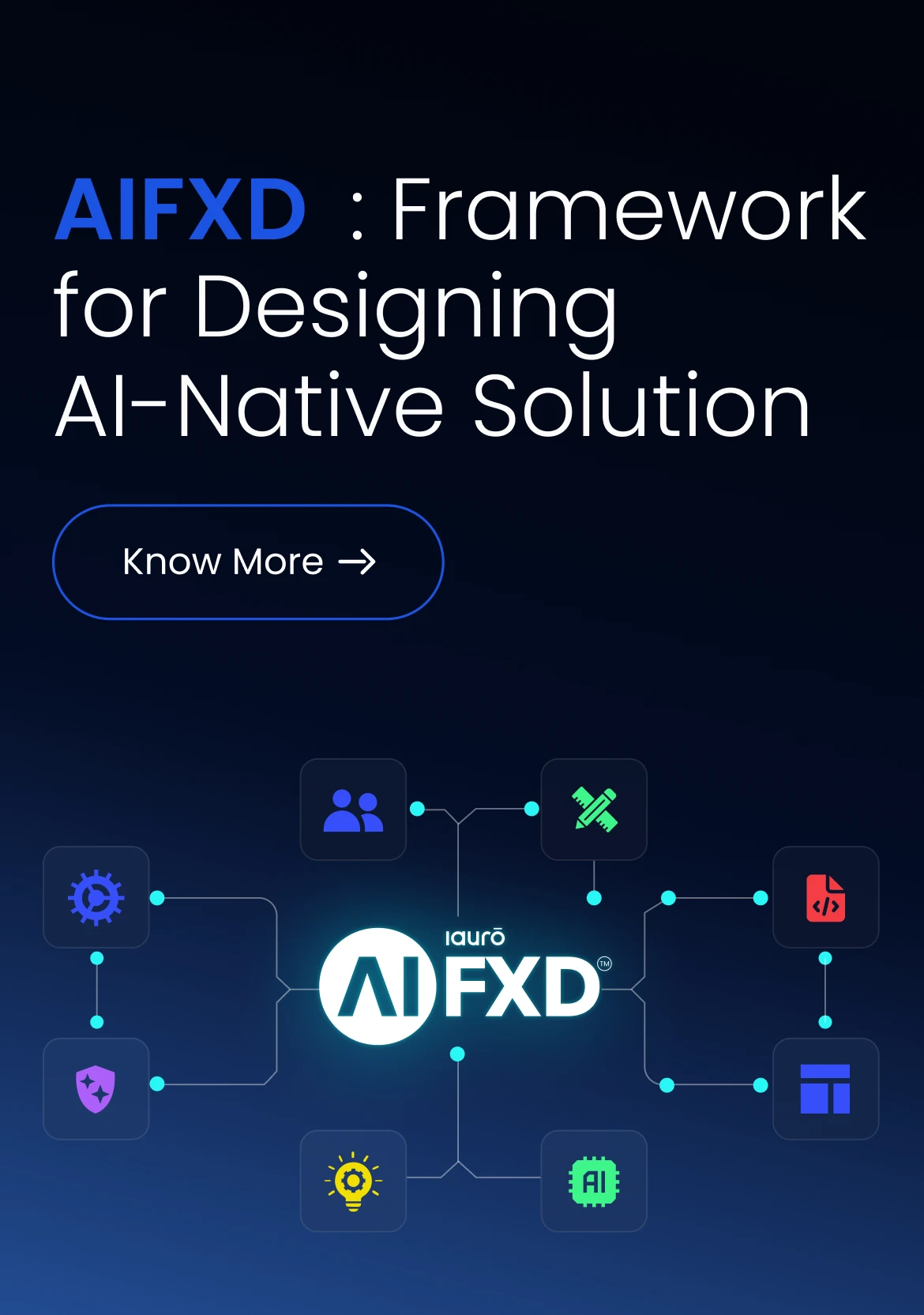From Data To Decisions : Leveraging AI to enhance financial customer experience.

The Evolution of Customer Experience in Financial Services
Leveraging AI for Personalized Financial Experiences
Personalized Financial Advice:
One of the most impactful applications of AI in financial services is the delivery of personalized financial advice. For example, robo-advisors powered by AI can provide customers with tailored investment recommendations based on their financial goals, risk tolerance, and market conditions. This not only enhances the customer experience but also empowers customers to make more informed decisions about their financial futures.
Tailored Product Offerings:
AI can also be used to offer customers products that are uniquely suited to their needs. By analyzing a customer's financial history and behavior, AI can predict which products or services they are most likely to be interested in—be it a new credit card, mortgage, or insurance policy. This level of personalization not only increases the likelihood of a sale but also builds customer loyalty by demonstrating that the institution understands and values their needs.
AI-Driven Customer Service:
Beyond advice and products, AI can significantly enhance customer service. Conversational AI, for example, can be used to provide customers with instant, accurate responses to their inquiries—24/7. This not only improves customer satisfaction but also frees up human agents to handle more complex issues, ultimately driving efficiency within the organization.
Generative AI’s Impact on Financial Services

Conversational AI and Dynamic Content Generation:
One of the most exciting applications of Generative AI in financial services is in the realm of conversational AI. By using Generative AI, institutions can create chatbots and virtual assistants that can engage customers in more meaningful and personalized conversations. These AI-driven interactions can be as simple as answering a customer's question or as complex as guiding them through the process of applying for a loan.
In addition to conversational AI, Generative AI can be used to create personalized content for marketing campaigns. For example, an institution could use AI to generate customized emails, social media posts, or even video content that speaks directly to the needs and interests of individual customers.
Predictive Analytics:
Generative AI also plays a critical role in predictive analytics. By analysing historical data, AI can predict future customer behaviours and trends, allowing institutions to proactively address customer needs before they even arise. This level of foresight not only enhances the customer experience but also helps institutions stay ahead of the competition.
AI-Driven Decision Making: From Data to Actionable Insights
Risk Management:
AI can help financial institutions identify and mitigate risks by analyzing patterns in customer behavior, market data, and other relevant factors. For example, AI can detect anomalies in transaction data that may indicate fraudulent activity, allowing institutions to take swift action to protect their customers.
Financial Planning:
AI can also assist customers in making better financial decisions. By analyzing their spending habits, income, and financial goals, AI can provide personalized recommendations that help customers manage their finances more effectively. Whether it's advising on savings strategies or recommending investment opportunities, AI-driven insights can make a significant difference in a customer's financial well-being.
Fraud Detection:
In the realm of fraud detection, AI's ability to process and analyze vast amounts of data in real-time is invaluable. By continuously monitoring transactions, AI can identify suspicious activities and flag them for further investigation, helping to prevent fraud before it can cause significant harm.
Challenges and Considerations

Conclusion
From Data To Decisions : Leveraging AI to enhance financial customer experience.

Personalized Financial Advice:
One of the most impactful applications of AI in financial services is the delivery of personalized financial advice. For example, robo-advisors powered by AI can provide customers with tailored investment recommendations based on their financial goals, risk tolerance, and market conditions. This not only enhances the customer experience but also empowers customers to make more informed decisions about their financial futures.
Tailored Product Offerings:
AI can also be used to offer customers products that are uniquely suited to their needs. By analyzing a customer's financial history and behavior, AI can predict which products or services they are most likely to be interested in—be it a new credit card, mortgage, or insurance policy. This level of personalization not only increases the likelihood of a sale but also builds customer loyalty by demonstrating that the institution understands and values their needs.
AI-Driven Customer Service:
Beyond advice and products, AI can significantly enhance customer service. Conversational AI, for example, can be used to provide customers with instant, accurate responses to their inquiries—24/7. This not only improves customer satisfaction but also frees up human agents to handle more complex issues, ultimately driving efficiency within the organization.

Conversational AI and Dynamic Content Generation:
One of the most exciting applications of Generative AI in financial services is in the realm of conversational AI. By using Generative AI, institutions can create chatbots and virtual assistants that can engage customers in more meaningful and personalized conversations. These AI-driven interactions can be as simple as answering a customer's question or as complex as guiding them through the process of applying for a loan.
In addition to conversational AI, Generative AI can be used to create personalized content for marketing campaigns. For example, an institution could use AI to generate customized emails, social media posts, or even video content that speaks directly to the needs and interests of individual customers.
Predictive Analytics:
Generative AI also plays a critical role in predictive analytics. By analysing historical data, AI can predict future customer behaviours and trends, allowing institutions to proactively address customer needs before they even arise. This level of foresight not only enhances the customer experience but also helps institutions stay ahead of the competition.
Risk Management:
AI can help financial institutions identify and mitigate risks by analyzing patterns in customer behavior, market data, and other relevant factors. For example, AI can detect anomalies in transaction data that may indicate fraudulent activity, allowing institutions to take swift action to protect their customers.
Fraud Detection:
In the realm of fraud detection, AI's ability to process and analyze vast amounts of data in real-time is invaluable. By continuously monitoring transactions, AI can identify suspicious activities and flag them for further investigation, helping to prevent fraud before it can cause significant harm.
Financial Planning:
AI can also assist customers in making better financial decisions. By analyzing their spending habits, income, and financial goals, AI can provide personalized recommendations that help customers manage their finances more effectively. Whether it's advising on savings strategies or recommending investment opportunities, AI-driven insights can make a significant difference in a customer's financial well-being.


